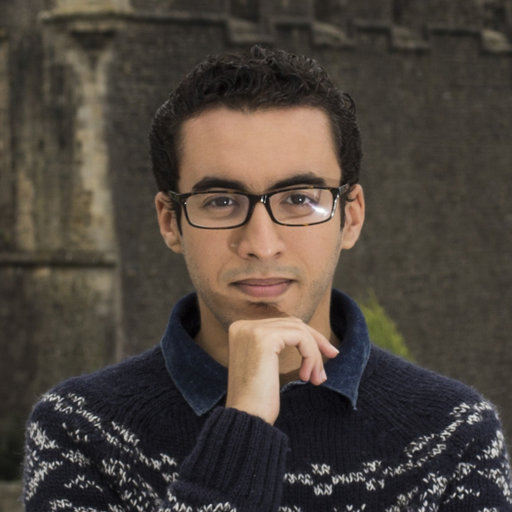Abstract: A major cause of earth system model discrepancies result from processes that are missed or are incorrectly represented in the model's equations. Despite the increasing number of collected observations, reducing parametric uncertainties is still an enourmous challenge. The process of relying on experience and intuition to find good sets of parameters, commonly referred to as "parameter tuning" keeps having a central role in the roadmaps followed by dozens of modeling groups involved in community efforts such as the Coupled Model Intercomparison Project (CMIP).
In the talk I'll present a tool from the Uncertainty Quantification community that started recently to draw attention in climate modeling: History Matching also referred to as « Iterative Refocussing ». The core idea of History Matching is to run several simulations with different set of parameters and then use observed data to rule-out any parameter settings which are "implausible". Since climate simulation models are computationally heavy and do not allow testing every possible parameter setting, we employ an emulator that can be a cheap and accurate replacement. Here a machine learning algorithm, namely, Gaussian Process Regression is used for the emulating step. History Matching is then a good example where the recent advances in machine learning can be of high interest to climate modeling. I will show some results using History Matching on a toy model: the two-layer Lorenz96, and share some findings about the challenges and opportunities of using this technique.

Short BIO: Redouane Lguensat is a postdoc at LOCEAN (IPSL/Sorbonne Université) in Paris, France. He currently works on machine learning methods for numerical modeling with a focus on physical oceanography under Prof. Venkatramani Balaji’s “Make Our Planet Great Again” grant.
His PhD thesis consisted in the use of analog methods (K-Nearest Neighbor Regression) to develop a new data-driven approach to tackle data assimilation: the Analog Data Assimilation (AnDA). In parallel to his thesis, he investigated the use of deep learning methods for the segmentation of oceanic eddies from satellite-derived sea related maps.

